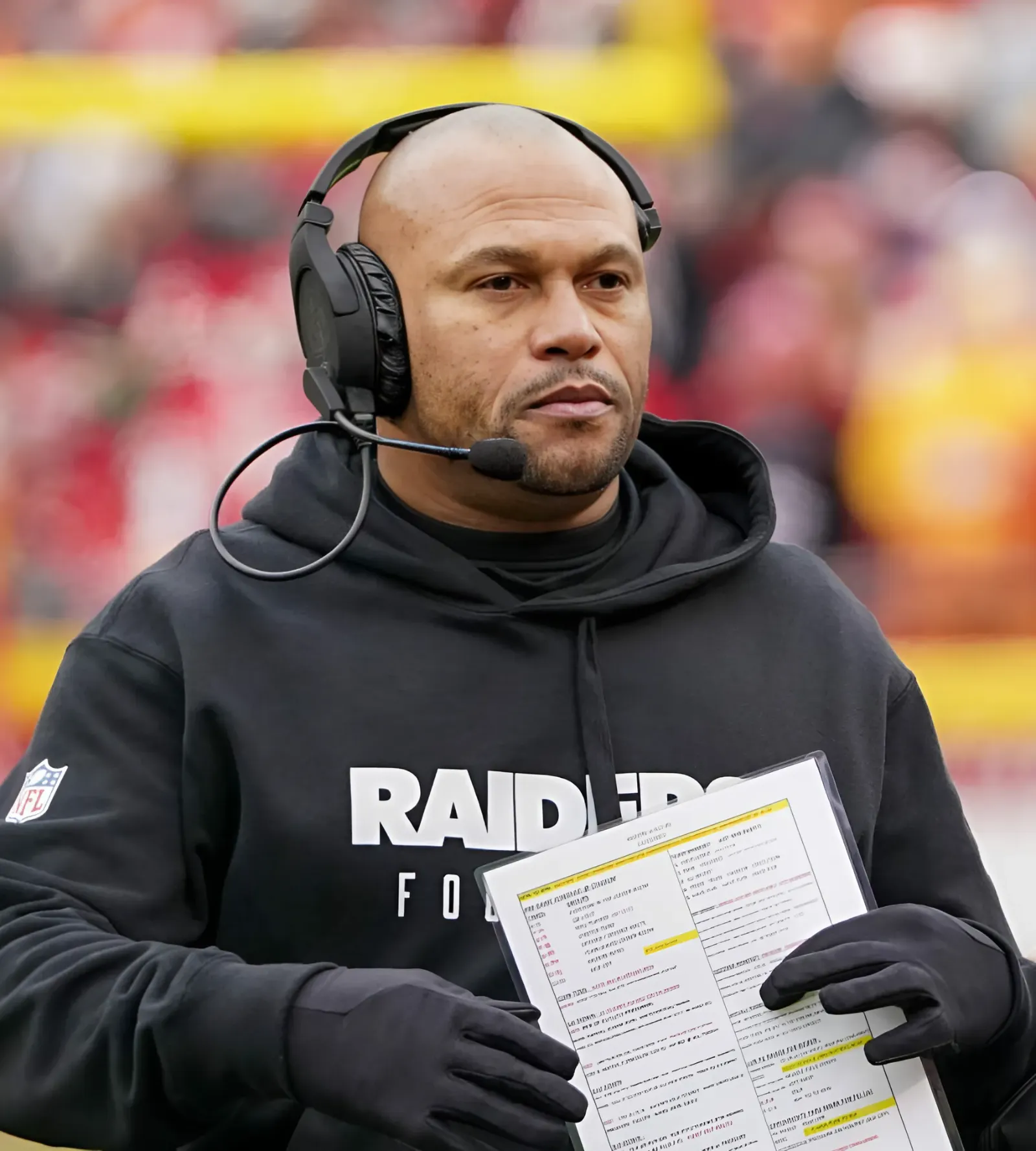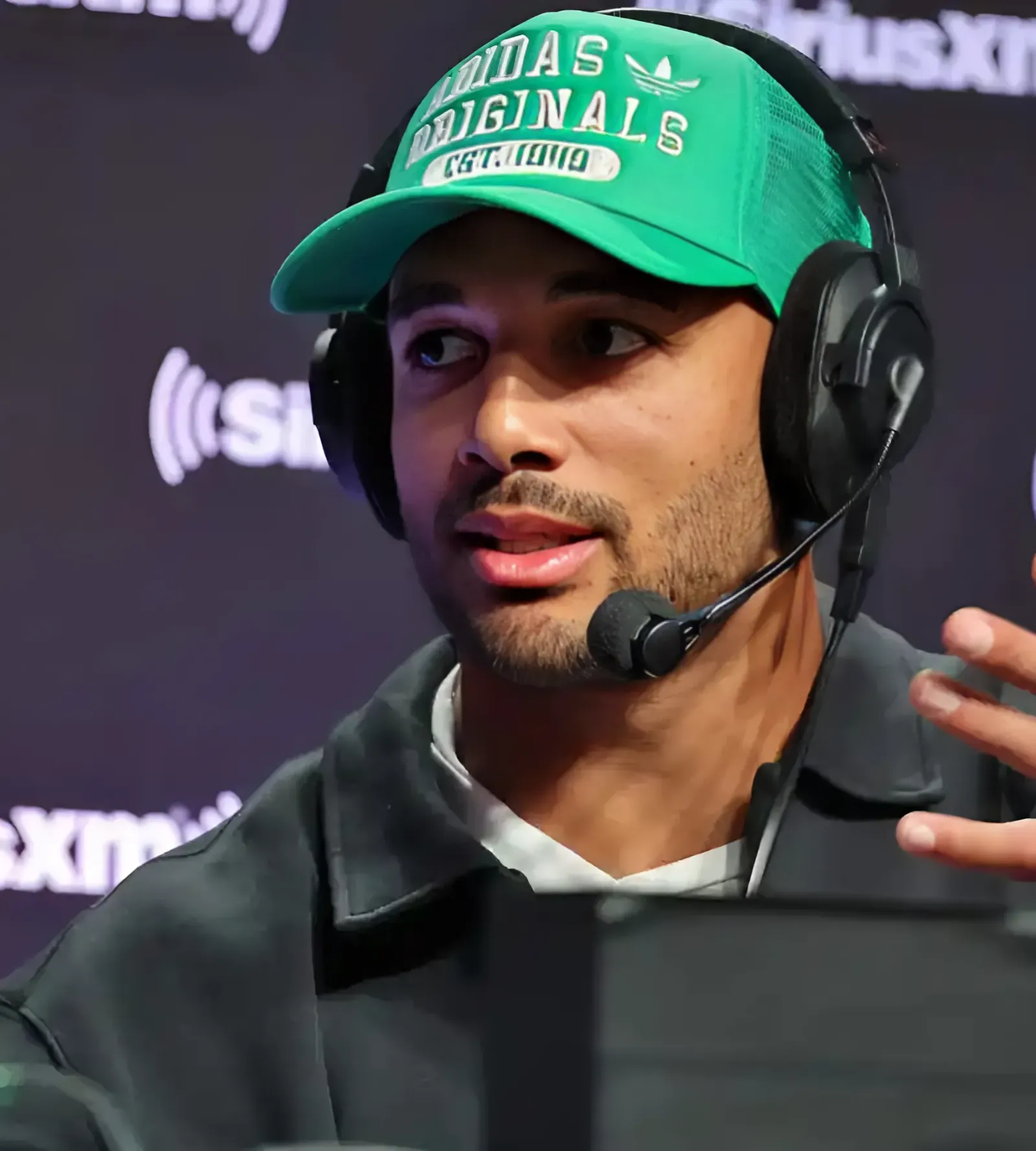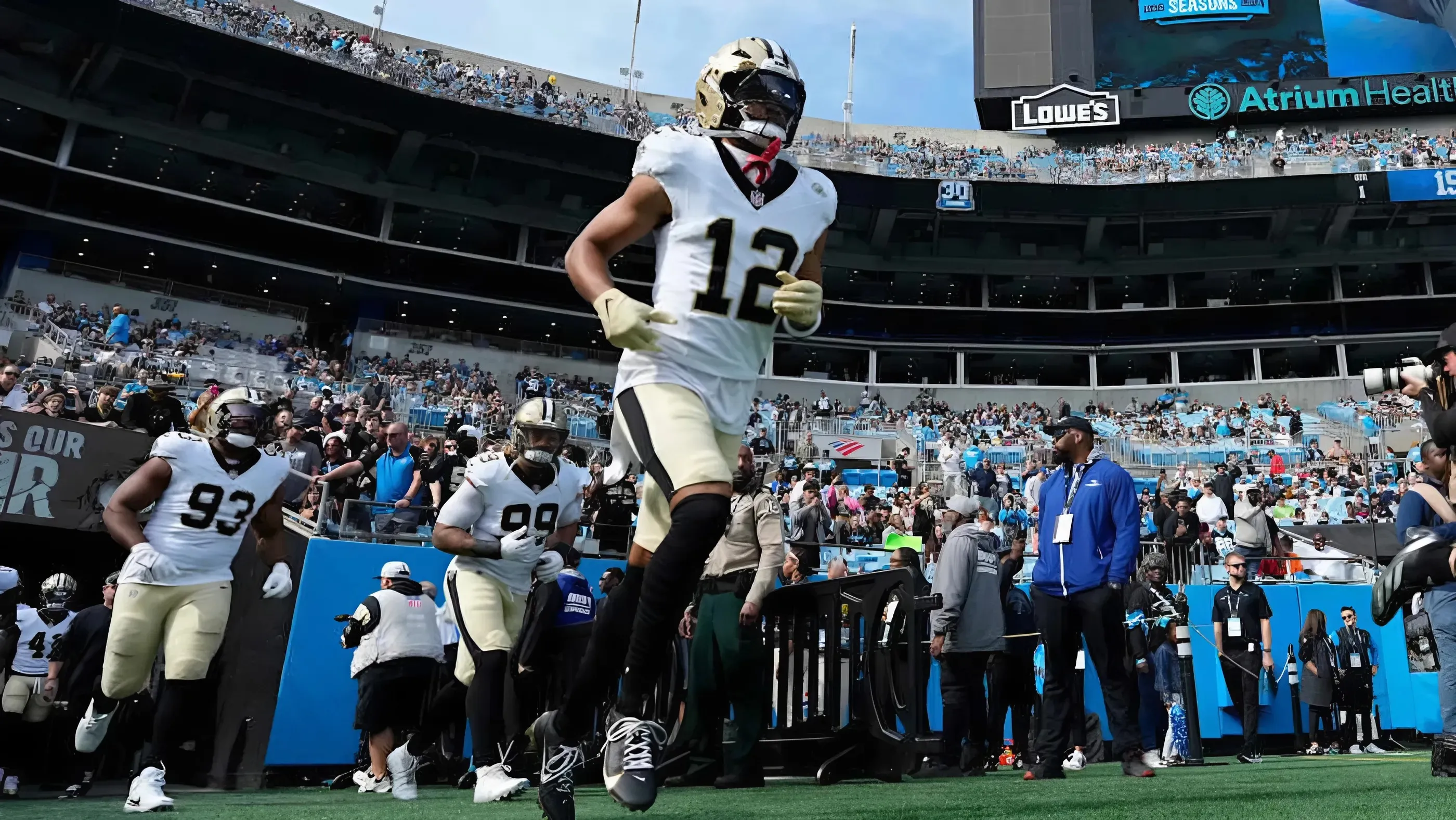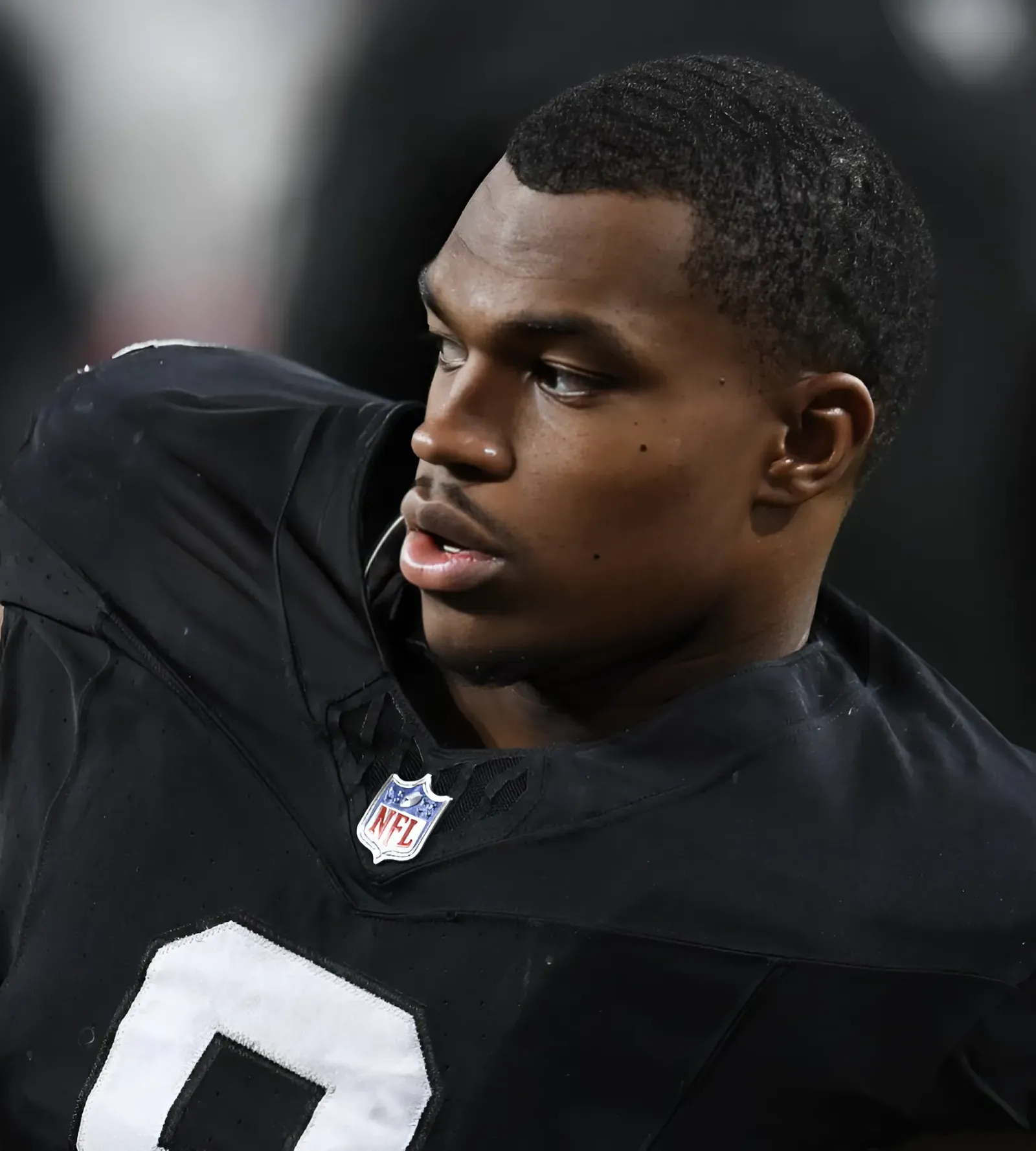
Chicago Cubs' president of baseball operations Jed Hoyer essentially admitted defeat Monday when he outlined the club's plans for the upcoming MLB trade deadline. Veiled in "focus on the future" rhetoric, Hoyer indicated the Cubs won't pursue immediate roster upgrades, instead shifting the organization's focus to next season and beyond.
Yes, long-term planning is a priority for any sports executive, but what about accountability for the decisions that led the organization to its current state? After reeling in Craig Counsell, the top manager on the market this past offseason, the expectation was that the Cubs were ready to compete after two and a half seasons of "rebuilding."
Now mired in mediocrity, the Cubs have made a path to postseason contention extremely difficult. Injuries can impact a season, but they shouldn't be acceptable excuses for bowing out of the race. Sufficient roster depth — a responsibility that falls on Hoyer — could've protected against some of the Cubs' injury issues.
Jed Hoyer Made His Bed
On the subject of accountability, Jed Hoyer's time on the North Side needs to come to an end. When the time was right to pounce this past offseason, he decided to rest on his laurels with minimal reinforcements. The results speak for themselves, and they're saying that Hoyer shouldn't get another chance to turn this thing around.
Waving the white flag this early might be premature, but it's becoming clear that this year's Cubs team doesn't have what it takes to be a legitimate postseason contender. There's no star power among this group, an issue that falls squarely on Hoyer's shoulders.
Before the 2023 season, Hoyer signed Dansby Swanson to help build the team up the middle. In an offseason when many star-caliber shortstops were available, the Cubs sought the cheapest option of the bunch.
Swanson is a nice player, but he isn't the star the North Siders desperately need. His production has dipped significantly in 2024, and such regression makes the signing look even worse.
Furthermore, Hoyer never sufficiently addressed the Cubs' catching situation. Choosing to rely on an aging Yan Gomes and a light-hitting Miguel Amaya was a major gamble, and it's proven detrimental to the team's success.
The Cubs' roster holes were glaring after just missing the playoffs last season, and Hoyer's arrogance in thinking the pieces already in place could find another gear is disgraceful. Now, the team must operate in limbo while Hoyer sits in the dugout and spouts niceties about the future.
Being stuck with an aging Kyle Hendricks in the rotation magnifies the failure of the Cubs' organizational depth. Good teams can find the next man up; this one is just limping to the finish line.
Former Cubs currently thriving in the Milwaukee Brewers' bullpen should cast doubt on this regime. Trevor Megill and Bryan Hudson have given a division rival an exceptional 1-2 punch in relief while the Cubs' bullpen has endured significant struggles throughout the season.
While Hoyer has made some shrewd moves during his time as team president, they aren't enough to overcome the roster's lack of star power. Hoyer will always be viewed as an important figure in the Cubs' turnaround of the 2010s, but baseball is a "what have you done for me lately" business and the recent returns indicate it's time for a change.



